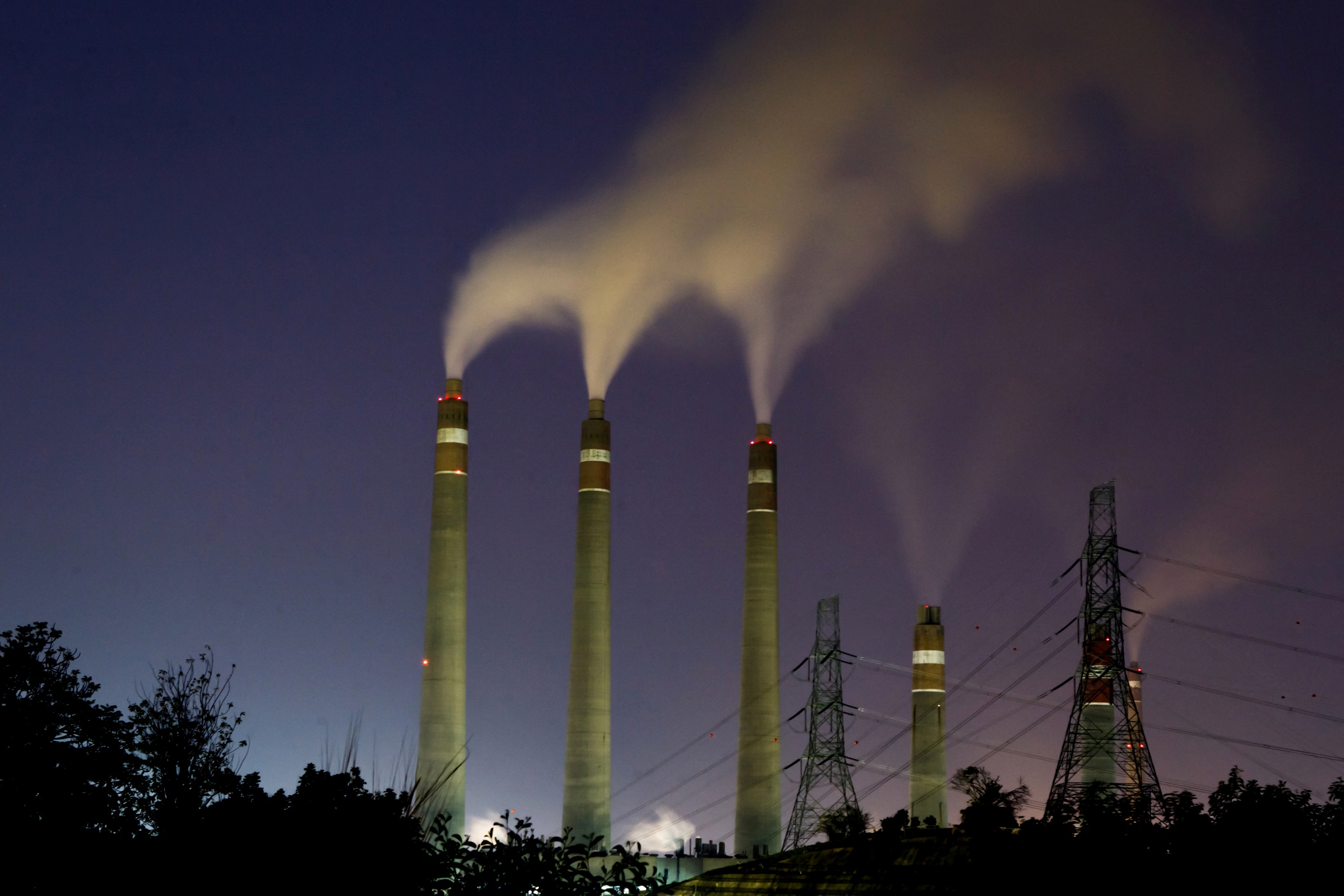Prabowo’s plan to retire fossil-fuel plants by 2040 daunting but possible: analysts

Indonesian President Prabowo Subianto’s commitment to phase out coal plants in 15 years might be a tall order but not impossible, as long as there is political will, adequate financing and technology to advance the country's energy transition, analysts said.
Indonesia, a signatory to the Paris climate agreement, has set a net zero emissions target by 2060 and has committed to phase out coal plants while boosting renewable energy capacity. But on Nov 19, at the G20 Summit in Brazil, Prabowo has announced that Indonesia will achieve net zero emissions by 2050, phase out coal plants within the next 15 years and build 75 gigawatts of additional renewable energy.
READ MORE: Indonesia pushes for coal phase-down to speed up decarbonization
“Although it is a challenging goal, with the right plan, policies, investment, and international support, Indonesia has the potential to retire all of the coal-fired power plants within 15 years and replace them with renewable energy sources,” Mutya Yustika, an energy finance specialist for Indonesia at the Institute for Energy Economics and Financial Analysis (IEEFA), told China Daily. IEEFA is a global think tank focused on energy-related issues.
Ember, an independent global energy think tank, released a report on Dec 4 which estimated that Indonesia needs to add 8 gigawatts of renewable capacity while reducing coal usage by 3 GW each year for on-grid power if it wants to hit its target of phasing out all coal power plants by 2040. The country also needs to integrate 4 gigawatt-hour of battery storage annually until 2040 so that it can maximize solar energy usage, especially during peak demand periods in the non-solar hours.
ALSO READ: Indonesia aims to cut coal use to one-third of energy mix
Ember said that with electricity demand expected to grow by around 5 percent per year, Indonesia can meet the projected 806 terawatt-hour of electricity demand by 2040, if renewable energy share reaches 65 percent.
“Phasing out coal by 2040 would position Indonesia to meet the global 1.5 C climate target, marking a significant step towards a sustainable, low-carbon future. Embracing this transition not only helps Indonesia contribute to global climate goals but also fosters long-term economic growth and environmental stability,” said Dinita Setyawati, Ember’s senior electricity policy analyst for Southeast Asia.
She said the government needs to issue a “clear and comprehensive guidance” to retire coal power plants as that will send a strong signal that Indonesia is serious in realizing its commitment.
“The early phase-out plan means that many existing power plants are unlikely to complete their lifetime, raising questions about how they would be retired, and what would happen to the workers and families tied to the coal industry. A clear and comprehensive plan would help address these concerns,” Setyawati said.
READ MORE: Indonesia expects $1b investment commitment from Apple in a week
Putra Adhiguna, the Jakarta-based managing director of the Energy Shift Institute, an independent think tank, said Prabowo’s coal plant phase-out target “is appreciated but it will need very high commitment, beginning by outlining near-term targets in Indonesia’s electricity plans”.
Coal export weighs heavily for Indonesia. Its coal mines not only bring in export revenues but also provide electricity to millions of households across the vast archipelago. But coal also accounts for nearly 60 percent of Indonesia’s total emissions, according to the International Energy Agency (IEA).
The IEA said Indonesia’s energy sector emissions were over 650 million metric tons of carbon dioxide in 2022, making the Southeast Asian nation the world’s seventh-largest emitter.
ALSO READ: Prabowo's coalition dominate Indonesian regional elections, except in Jakarta
Adhiguna said Indonesia has about 50,000 megawatts of coal power capacity and it will be costly to retire the coal plants by 2040. He said energy transition would entail the improvement of the financial position of state power utility Perusahaan Listrik Negara (PLN).
Setyawati of Ember said the government needs to adjust the domestic pricing mechanisms for coal to make renewable energy prices more competitive. She said this would also enable PLN to revise the electricity tariff component calculations to include not only coal as a fuel price but also the associated infrastructure investment.
Contact the writer at prime@chinadailyapac.com


